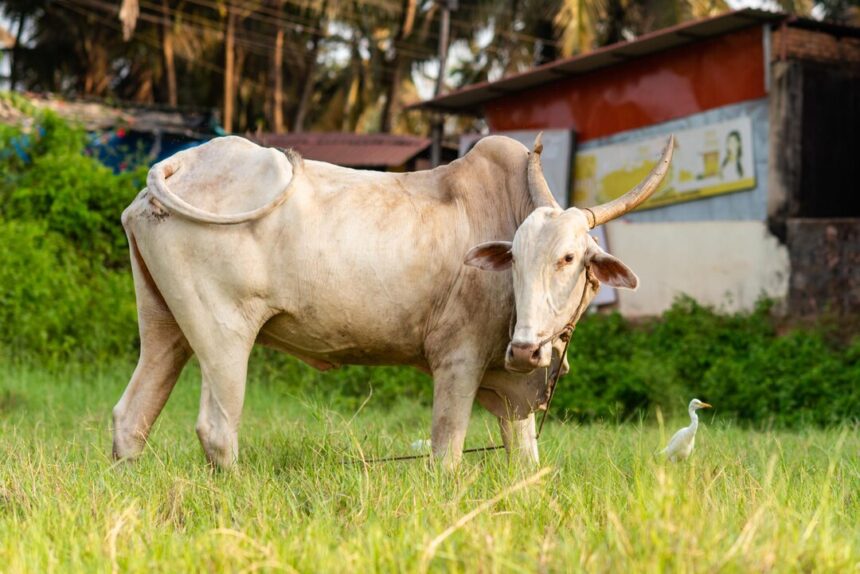Hugenoot cattle, also known as Afrikaner cattle, are a prized breed in South Africa, renowned for their hardiness, adaptability, and excellent meat quality. As interest in sustainable farming practices and indigenous breeds grows, Hugenoot cattle have gained popularity among breeders and farmers. Whether you’re considering raising Hugenoot cattle or seeking to enhance your knowledge of this breed, here are 10 essential insights into breeding and farming Hugenoot cattle in South Africa.
- Historical Significance:
Hugenoot cattle trace their origins back to the indigenous cattle of Southern Africa, with the breed’s development primarily influenced by the Khoisan people. Their resilient traits made them well-suited to the harsh environmental conditions of the region. - Adaptability to Climate:
Hugenoot cattle are renowned for their adaptability to a wide range of climatic conditions, including hot summers and cold winters. Their ability to thrive in diverse environments makes them an attractive choice for farmers across different regions of South Africa. - Hardiness and Disease Resistance:
One of the key advantages of Hugenoot cattle is their natural hardiness and resistance to common diseases prevalent in South Africa, such as tick-borne diseases. This trait reduces the need for extensive veterinary interventions and enhances their overall sustainability. - Dual-Purpose Breed:
Hugenoot cattle are classified as a dual-purpose breed, valued for both meat and milk production. While their meat is renowned for its excellent quality and flavor, Hugenoot cows also produce sufficient quantities of milk for calf rearing and household consumption. - Grazing Requirements:
Hugenoot cattle are well-suited to extensive grazing systems, thriving on natural veld grasses and forage. However, they can also adapt to semi-intensive or intensive feeding regimes if necessary, making them versatile in various farming setups. - Breeding Characteristics:
Breeding Hugenoot cattle requires careful selection of breeding stock to maintain and improve desirable traits such as fertility, calving ease, growth rate, and meat quality. Farmers often implement selective breeding programs to achieve their desired breeding objectives. - Reproductive Efficiency:
Hugenoot cattle are known for their reproductive efficiency, with cows typically exhibiting good fertility rates and regular calving intervals. Proper management practices, including nutrition and breeding protocols, can further enhance reproductive performance. - Market Demand:
With increasing consumer interest in locally produced, high-quality meat products, there is a growing market demand for Hugenoot beef. Farmers who raise Hugenoot cattle can capitalize on this demand by marketing their meat products to discerning consumers. - Conservation Efforts:
The conservation of indigenous cattle breeds, including Hugenoot cattle, plays a vital role in preserving genetic diversity and promoting sustainable agriculture. Many breeders and organizations in South Africa are actively involved in conservation efforts to safeguard the breed’s future. - Economic Viability:
When managed effectively, breeding and farming Hugenoot cattle can be economically viable for small-scale and commercial farmers alike. Their low input requirements, combined with their ability to thrive in varied environments, contribute to their profitability.
Breeding and farming Hugenoot cattle in South Africa offer numerous benefits, from their adaptability and hardiness to their excellent meat quality and economic viability. By understanding the key insights into Hugenoot cattle farming, breeders and farmers can make informed decisions to maximize the potential of this indigenous breed and contribute to the sustainable development of the livestock industry in South Africa.
Join 'Farmers Mag' WhatsApp Channel
Get the latest Farming news and tips delivered straight to your WhatsApp
CLICK HERE TO JOIN






